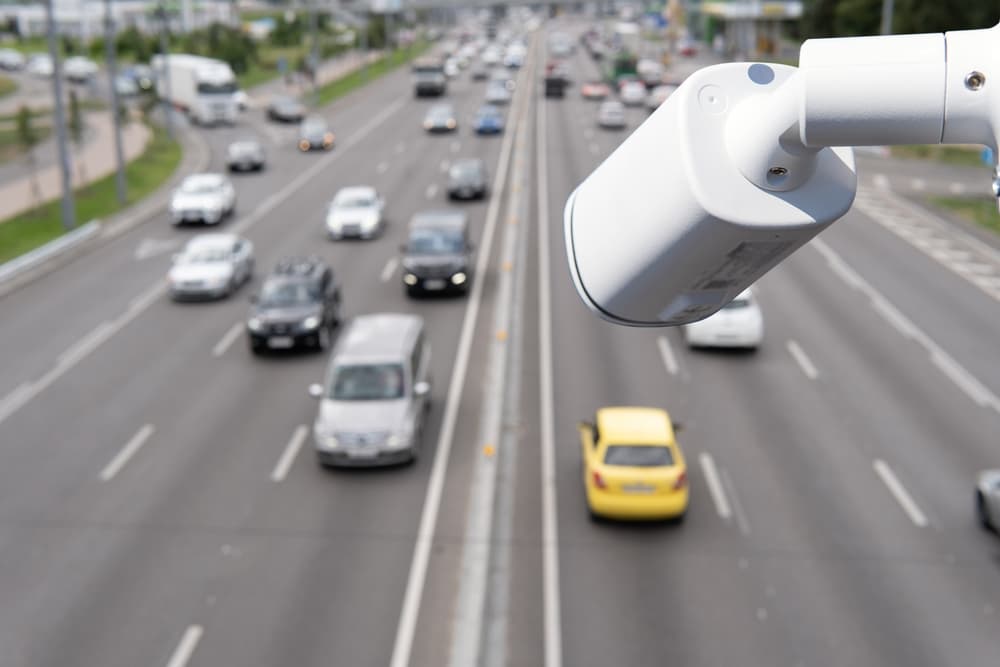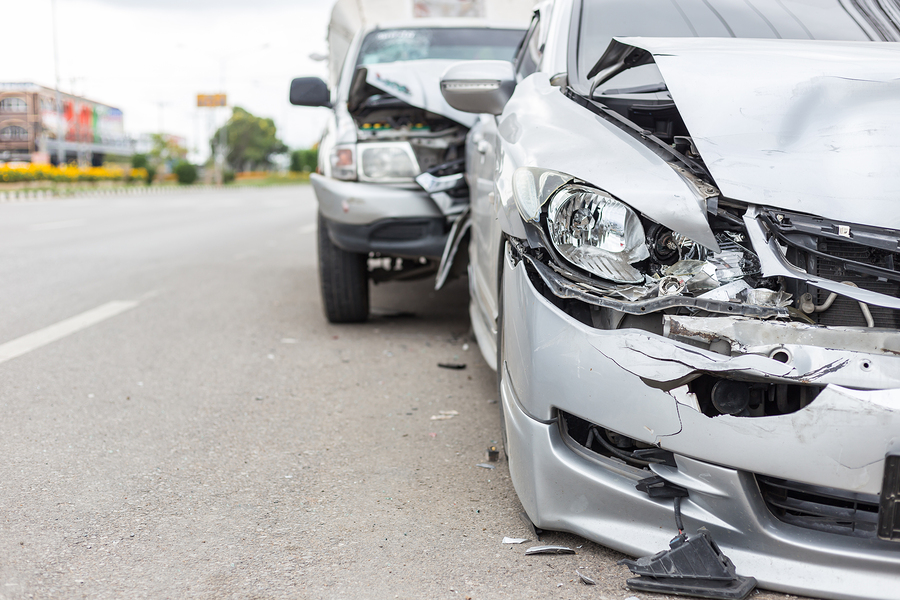Virginia's traffic code applies to all drivers in the state. When driving on our state's roads and highways, there are many ways to violate the law, so it pays to be aware of laws and potential violations.
Violating traffic laws in Virginia can result in potential incarceration, expensive fines, and the suspension or loss of your driving privileges. If you suffered an injury from a driver violating state law at the time of the accident, you can seek damages in the form of a car accident claim. Reach out to our expert auto accident attorneys to secure the compensation you rightfully deserve.
What Is the Difference Between an Infraction, a Misdemeanor, and a Felony in Virginia? A Lawyer Explains
Virginia law divides crimes into three distinct categories: infractions, misdemeanors, and felonies. Infractions are the least serious violations, while felonies are the most serious.
Per Virginia law, if the crime is serious enough to warrant time in a state correctional facility or prison, the offense is a felony. The most severe felonies can result in life in prison or up to $100,000 in fines.
Class 6 felonies are the least severe felonies. A Class 6 felony can result in imprisonment for five years and a $2,500 fine.
If an offense is not an infraction nor a felony, then it is classified as a misdemeanor.
Misdemeanors in Virginia range in severity from Class 1 to Class 4 misdemeanors. Class 1 misdemeanors can potentially land a person in jail for up to a year. A conviction can potentially result in up to $2,500 in fines against the perpetrator. The less serious Class 4 misdemeanors are punishable by a fine of up to $250.
The Code of Virginia Title 46.2: Motor Vehicles governs traffic infractions. Infractions of this sort are similar to Class 4 misdemeanors in that they are punishable by a fine of no more than $250. Traffic infractions do not carry the potential for incarceration in jail or prison.
Traffic infractions are not crimes in the same way felonies and misdemeanors are. However, don't let this distinction fool you.
If you accumulate too many convictions for traffic infractions, it can still interfere with your ability to drive legally in the state. The state can suspend or revoke a license in the most serious circumstance, reducing your ability to travel to and from work or leisure activities.
If another driver has a history of traffic violations and causes a car accident in Virginia, it might prove their most recent negligence on the road, which led to your injuries.
A skilled car accident lawyer can uncover a history of poor driving, especially if a company hired the driver to drive as part of their job duties. This might lead to liability on the part of the employer.
What Are Some Examples of Traffic Infractions?
There are many types of traffic infractions, but speeding is perhaps the most common. In addition to speeding, following too closely, failing to use a turn signal before turning, and running a stop sign or stoplight are other typical traffic infractions. The court can punish each of these infractions by imposing a fine.
What Are Some Examples of Traffic Misdemeanors in Virginia?
Although misdemeanors are not as serious as felonies, you should still be aware that a misdemeanor may result in fines and other heavy repercussions.
Reckless driving is one example of a traffic misdemeanor in Virginia.
Several circumstances can give rise to a charge of reckless driving, including where the driver:
- Drives over the posted speed limit at a speed that puts others in danger
- Drives a vehicle with faulty brakes or other malfunctions like broken tail lights
- Participates in street racing
Imagine a driver has their license suspended for a moving violation and still participates in reckless driving. If that action results in the death of another person, the court will elevate reckless driving to a Class 6 felony.
Without these circumstances, reckless driving is still a Class 1 misdemeanor. As with felony offenses, traffic misdemeanors are still serious. Actions like reckless driving can still land a driver in jail, leading to thousands of dollars in court-ordered fines.
Examples of Traffic Felonies
Driving felonies are actions that generally result in severe injury or death to others. Traffic felonies can also result if a person has prior convictions.
If a driver hits and injures or kills another person or damages unattended property, they must stop at the crash scene immediately.
This obligation includes providing their contact and vehicle information to those at the scene and offering reasonable assistance to any injured individuals, which may involve calling for legal and medical help.
Also, the driver must report the accident to law enforcement authorities without delay. Failure to comply with these steps can lead to serious legal consequences, as Virginia law considers such actions to be Class 5 felony.
Virginia's driving while intoxicated (DWI) laws are structured to impose increasingly severe penalties for repeated offenses.
A first or second DWI in Virginia is classified as a misdemeanor, subjecting the driver to fines and potential jail time. These penalties serve as a deterrent and escalate with subsequent offenses, underscoring the state's commitment to road safety.
If a driver accumulates two prior DWI convictions within ten years, any further DWI convictions within the same timeframe are felonies. This categorization as a felony highlights the gravity of repeated DWI offenses and the state's stance on preventing impaired driving. It punishes and discourages recurrent violations, as the enhanced penalties reflect the increased risk such drivers pose to public safety.
Contact a Virginia Car Accident Lawyer

If you've suffered an injury from a reckless driver, understanding their driving history can benefit your case.
A local personal accident lawyer can thoroughly investigate the other driver's past violations and use this information effectively in your claim. They work diligently to seek the compensation you deserve for your injuries.
Don't hesitate to contact a Virginia car accident lawyer for assistance.



